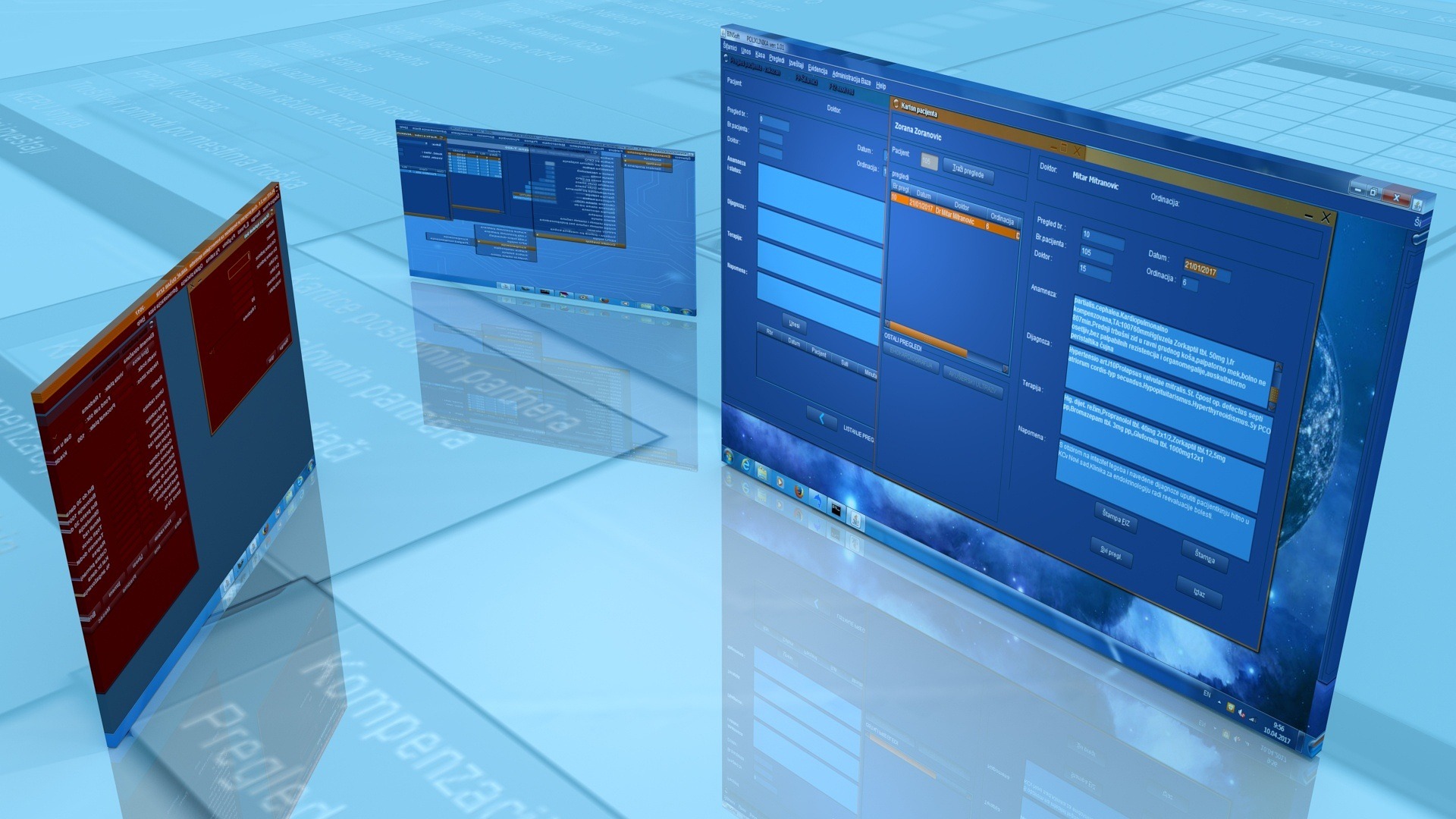The Versatility of Laser Engraving Tools
Laser engraving tools have become an essential asset for both personal and business applications. These devices offer precision and efficiency for customizing materials such as wood, metal, glass, and acrylic. Whether used for crafting, branding, or industrial purposes, laser engravers provide endless creative possibilities. This article explores their benefits and highlights popular models available on the market.

How Laser Engraving Benefits Personal and Business Use
Laser engraving offers numerous advantages for both personal and commercial applications. For individuals, it provides a means to create unique, personalized gifts or add a special touch to personal belongings. Businesses benefit from laser engraving in multiple ways:
-
Branding: Companies can easily add logos or brand names to products, enhancing brand visibility and recognition.
-
Customization: Laser engraving allows for on-demand personalization of products, meeting individual customer needs.
-
Durability: Engraved markings are permanent and resistant to wear, ensuring long-lasting identification.
-
Precision: The technology offers high-resolution detailing, ideal for intricate designs or small text.
-
Versatility: Laser engraving works on various materials, including metal, wood, glass, and plastics.
Most Popular Laser Engraving Tools
The market offers a wide range of laser engraving tools to suit different needs and budgets. Some of the most popular options include:
-
CO2 Laser Engravers: Ideal for engraving on non-metallic materials like wood, acrylic, and fabric.
-
Fiber Laser Engravers: Best for marking metals and some plastics, offering high-speed engraving.
-
Diode Laser Engravers: Compact and affordable options suitable for hobbyists and small businesses.
-
Galvo Laser Systems: High-speed engravers used in industrial settings for mass production.
-
UV Laser Engravers: Specialized machines for engraving on heat-sensitive materials.
How to Choose the Right Laser Engraver
Selecting the appropriate laser engraver depends on several factors:
-
Material Compatibility: Ensure the engraver works with your intended materials.
-
Power Output: Higher wattage typically means faster engraving and the ability to work with tougher materials.
-
Work Area: Consider the size of items you’ll be engraving to determine the necessary engraving area.
-
Software Compatibility: Look for machines with user-friendly software that integrates well with your design tools.
-
Budget: Balance your needs with your financial constraints, considering both initial costs and long-term maintenance.
-
Safety Features: Prioritize machines with proper safety mechanisms, especially for commercial use.
Laser engraving offers a world of possibilities for customization and marking. Whether you’re a hobbyist looking to personalize gifts or a business owner seeking to enhance product branding, understanding the basics of laser engraving technology can help you make informed decisions. Consider factors such as material compatibility, power output, and budget when choosing a laser engraver to ensure it meets your specific needs.
Where to Buy Laser Engraving Machines
Laser engraving machines are available through various channels:
-
Direct Manufacturers: Companies like Epilog Laser, Trotec, and Universal Laser Systems offer high-quality machines directly to consumers.
-
Online Marketplaces: Platforms such as Amazon and eBay provide a wide range of options, including both professional and hobbyist-grade engravers.
-
Specialty Retailers: Stores focusing on maker tools and technology often carry laser engravers and provide expert advice.
-
Industrial Suppliers: For large-scale operations, industrial suppliers offer advanced laser engraving systems with comprehensive support.
-
Second-hand Markets: Used machines can be found on specialized forums or marketplaces, offering cost-effective options for those on a budget.
When purchasing a laser engraver, consider factors such as warranty, customer support, and availability of replacement parts. It’s also advisable to read user reviews and, if possible, see the machine in action before making a significant investment.
| Product/Service | Provider | Key Features | Cost Estimation |
|---|---|---|---|
| Epilog Zing 16 Laser | Epilog Laser | 30W CO2 laser, 16”x12” work area, air-cooled | $8,000 - $12,000 |
| Glowforge Pro | Glowforge | 45W laser cutter, 12”x20” work area, pass-through slot | $5,000 - $7,000 |
| OMTech 60W CO2 Laser Engraver | OMTech Laser | 60W CO2 laser, 20”x28” work area, Ruida control system | $2,500 - $3,500 |
| Ortur Laser Master 2 Pro | Ortur | 20W diode laser, 400x400mm work area, open source | $400 - $600 |
Laser engraving technology continues to evolve, offering increasingly sophisticated features and capabilities. As the market expands, more affordable options are becoming available, making this technology accessible to a broader range of users. Whether you’re looking to start a small business or enhance your existing operations, laser engraving presents an exciting opportunity to create unique, high-quality markings on a variety of materials.
The shared information of this article is up-to-date as of the publishing date. For more up-to-date information, please conduct your own research.




